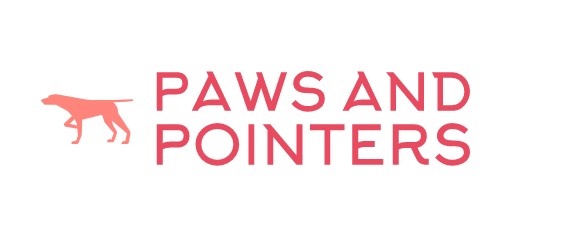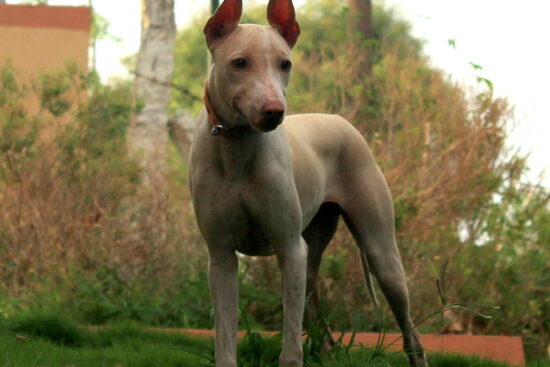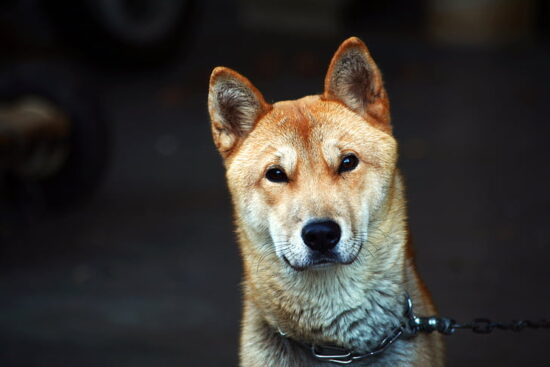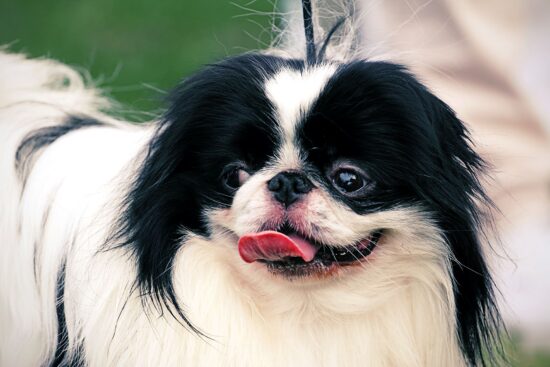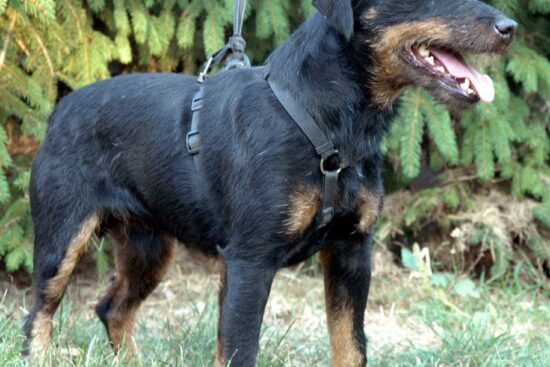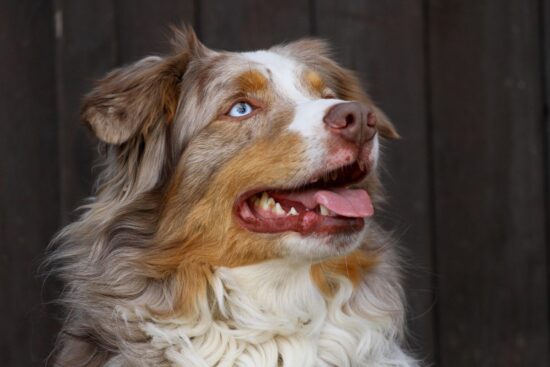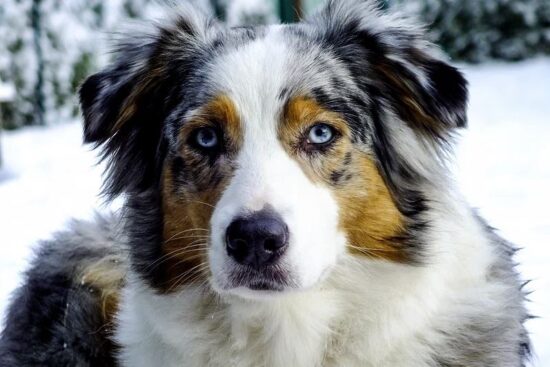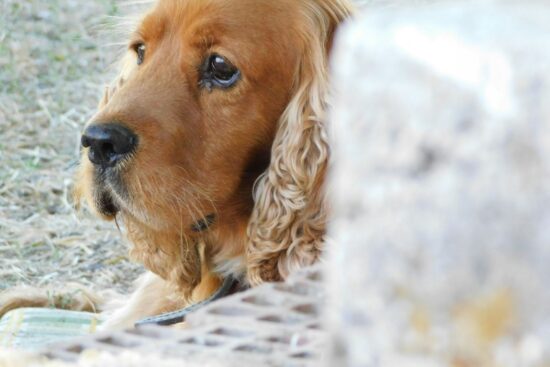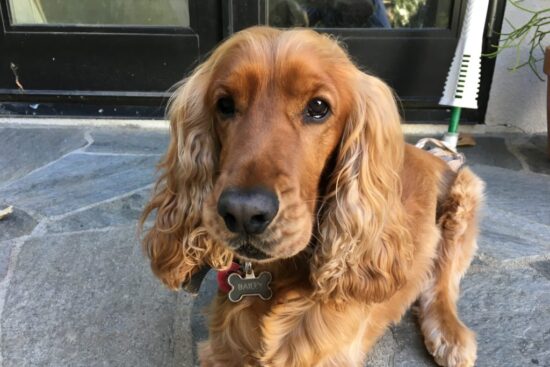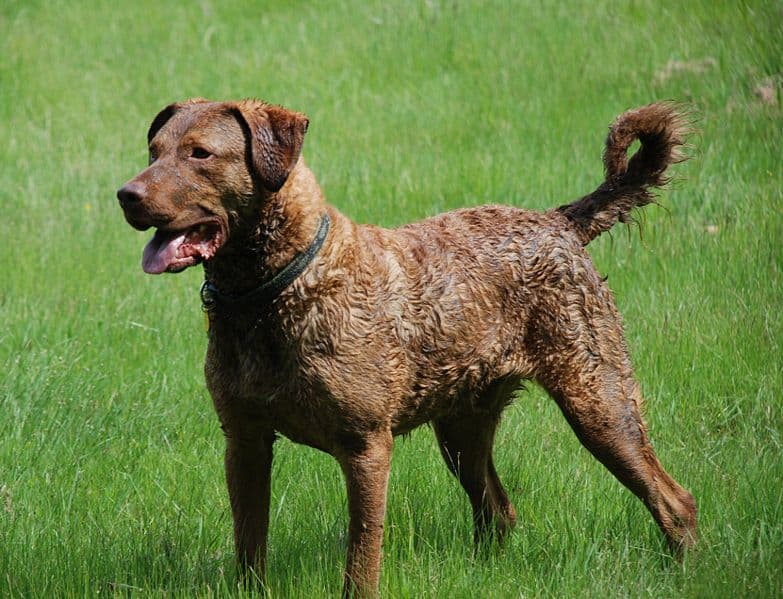
The Chesapeake Bay Retriever (often called “Chessie”) is a versatile and strong-willed dog breed known for its exceptional retrieving skills and love for water. Here is some general information about the Chesapeake Bay Retriever:
Chesapeake Bay Retriever Origin
The Chesapeake Bay Retriever hails from the United States, specifically from the Chesapeake Bay region in Maryland. It was developed in the 19th century as a waterfowl retrieving dog, specifically bred to excel in the icy and challenging waters of the Chesapeake Bay.
Chesapeake Bay Retriever Appearance
The Chesapeake Bay Retriever is a medium to large-sized dog with a muscular and athletic build. They have a broad head with a strong, slightly tapering muzzle. Their eyes are round and amber in color, exuding intelligence and determination. Their ears are small and set high on their head. The breed’s dense and waterproof double coat provides excellent protection against cold waters and comes in various shades of brown, ranging from light to dark.
Chesapeake Bay Retriever Size
Chesapeake Bay Retrievers are medium to large-sized dogs. Adult males typically stand between 23 to 26 inches (58-66 cm) tall at the shoulder, while females range from 21 to 24 inches (53-61 cm). They usually weigh between 55 to 80 pounds (25-36 kg).
Chesapeake Bay Retriever Temperament
Chesapeake Bay Retrievers are known for their intelligence, loyalty, and strong work ethic. They are confident and independent dogs with a protective nature, making them excellent watchdogs. They are devoted to their families and may be reserved with strangers. While they have a gentle and affectionate side, they are also strong-willed and require consistent and firm leadership during training.
Chesapeake Bay Retriever Energy Level
Chesapeake Bay Retrievers are highly energetic and require regular exercise and mental stimulation. They have a strong love for water and enjoy activities such as swimming and retrieving. Daily walks, playtime, and training sessions are essential to keep them physically and mentally satisfied.
Chesapeake Bay Retriever Compatibility
Chesapeake Bay Retrievers can make loyal and devoted family companions. They are generally good with children, especially when raised with them from a young age and properly socialized. Early socialization is essential to ensure they are well-behaved and can get along well with other pets.
Chesapeake Bay Retriever Grooming
Chesapeake Bay Retrievers have a dense double coat that requires regular grooming to prevent matting and keep it in good condition. They shed moderately, with heavier shedding occurring seasonally. Regular brushing helps remove loose hair and keeps their coat clean. Other routine care includes nail trimming, teeth brushing, and ear cleaning.
Chesapeake Bay Retriever Health
Chesapeake Bay Retrievers are generally a healthy breed. However, like all dog breeds, they may be prone to certain health conditions, including hip dysplasia, eye issues, and progressive retinal atrophy (PRA). Regular veterinary check-ups, a balanced diet, exercise, and maintaining a healthy weight are important for their overall well-being.
Chesapeake Bay Retriever Trainability
Chesapeake Bay Retrievers are intelligent and eager to please, but they may be strong-willed and independent at times. Early and consistent training with positive reinforcement techniques is essential to channel their intelligence and strong work ethic in a positive direction.
Chesapeake Bay Retriever Longevity
On average, Chesapeake Bay Retrievers have a lifespan of around 10 to 12 years. With proper care, a balanced diet, regular exercise, and regular veterinary attention, some individuals may live even longer.
The Chesapeake Bay Retriever’s strong retrieving skills, protective nature, and love for water make it an excellent working and companion breed for families who enjoy outdoor activities and water sports. Potential owners should be experienced and prepared to provide them with the exercise, training, and mental stimulation they need to thrive as happy and content family members.
